Qatari Beverages: Basic Overview
Common Ingredients
Common Preparing Methods
Drinking Etiquette
Influence and Fusion
Qatari Beverages: Origin and Region
Cuisine
Culinary Region
Country’s Region
Classifications of Qatari Beverages
-
Non-alcoholic Beverages
Are predominantly non-alcoholic, reflecting the cultural and religious practices of the region.
They are enjoyed throughout the day and are essential to social gatherings and traditional meals.
Qatar’s beverages blend tradition and innovation, reflecting the nation’s rich heritage and contemporary tastes.
From the aromatic note of spiced coffees to the refreshing tang of yogurt-based drinks, Qatari beverages offer a diverse experience to diners, focusing primarily on non-alcoholic beverages due to the country’s restrictions on alcohol.
Central to Qatari beverage culture is the use of fresh, high-quality ingredients that highlight the local flavors and the influences from the broader Middle Eastern drink culture and global cuisines. Qatari drinks are more than just refreshments; they are an important part of social gatherings and daily life.
Whether enjoyed in the comfort of a home, at a bustling souq (a traditional marketplace), or in a modern café, the beverages of Qatar are delicious aspects of its cuisine. I’ll also provide some ideal dishes to match Qatari drinks. Read on and learn more about them!
Top 10 Qatari Beverages
Here are 10 of the popular and best Qatari beverages, with search filter features to help you find out your favorite drink quickly.
Gahwa
- Non-Alcoholic
- National
- Traditional
Gahwa, also known as Arabic coffee, is a national beverage in Qatar. Made from lightly roasted Arabica beans, gahwa is brewed with a unique blend of spices.
The aroma of cardamom and saffron fills the air as you enjoy this warm, spiced drink. Of course, it also carries a mildly bitter yet fragrant note.
As a staple in Qatari culture, gahwa is often served in small, handle-less cups, often served during social gatherings and special occasions. Plus, this coffee drink is often paired with dates, enhancing the overall experience.
Karak
- Non-Alcoholic
- Street Beverages
- Traditional
Karak is a beloved tea in Qatar. It’s a creamy, spiced delight that warms the soul. This strong tea is brewed with black tea leaves, cardamom, sugar, and evaporated milk.
In Qatar, locals often enjoy karak tea in the morning or as an afternoon pick-me-up. Karak is a trusted choice for a comforting and energizing drink with an inviting aroma of cardamom and a smooth texture.
Limonana
- Non-Alcoholic
- Street Beverages
- Traditional
Limonana, a refreshing mint lemonade, is a perfect thirst-quencher in Qatar’s hot climate. This drink is crafted with fresh lemon juice, mint leaves, sugar, and water.
The key is balancing the acidity of the lemon with the sweetness, resulting in a crisp beverage. Plus, its refreshing properties also make it a staple at gatherings and outdoor events.
Karkade
- Non-Alcoholic
Karkade is a famous hibiscus tea enjoyed throughout Qatar. Made from dried hibiscus petals, Karkade is brewed to perfection, sometimes sweetened with sugar or honey. This tea has a tangy and slightly tart flavor with a deep red color.
Karkade is also packed with antioxidants and vitamin C, providing several health benefits.
Tamar Hindi
- Non-Alcoholic
- Street Beverages
- Traditional
Tamar hindi is a traditional tamarind drink in Qatar. Prepared from tamarind pulp, water, and sugar, tamar hindi has a perfect blend of sweetness and tanginess.
Tamar Hindi is often served during Ramadan and special occasions. It’s also refreshing and perfect for cooling down in Qatar’s hot weather.
Jallab
- Non-Alcoholic
- Street Beverages
- Traditional
Jallab is a sweet, smoky drink made from grape molasses, dates, and rose water. Topped with pine nuts and raisins, it’s a treat that delights both the palate and the senses.
Jallab is often enjoyed as a cooling beverage after a long day of fasting. That’s why it’s a popular choice during Ramadan throughout Qatar.
Kharoub Juice
- Non-Alcoholic
- Street Beverages
- Traditional
Kharoub juice is a favorite drink made from carob pods (the fruit of the carob tree, aka Ceratonia siliqua).
This juice is a subtly sweet and earthy flavor, ideal for the hot summer months in Qatar. Prepared by soaking and boiling carob pods and sweetening the extract, kharoub juice requires careful preparation to ensure the right consistency and flavor balance.
Rumman
- Non-Alcoholic
- Street Beverages
- Traditional
Rumman is simply a pomegranate juice. Its deep ruby color and tart-sweet taste make it a popular beverage on hot Qatari days.
Rumman is also a perfect drink at social gatherings and family events. Plus, it’s a healthy choice as pomegranate is known for its high antioxidant content and numerous health benefits.
Laban
- Non-Alcoholic
- Traditional
Laban is a traditional fermented milk drink deeply rooted in the Qatari diet. The base ingredient is usually cow’s milk, but sometimes goat or sheep milk is used, and then mixed with live bacterial cultures to ferment it.
Therefore, laban provides a mildly tangy and creamy refreshment with a smooth texture. It’s often served alongside meals, particularly during Ramadan.
Ayran
- Non-Alcoholic
Ayran is a popular yogurt-based drink in Qatar, known for its refreshing and savory flavor. It’s made by blending yogurt with water and a pinch of salt.
Compared to the above drink, ayran is thinner and more liquid than laban. Locals frequently enjoy it with meals or as a standalone beverage. It’s especially popular in the summer and served cold.
As a yogurt-based drink, ayran is good for your digestive system and has high nutritional content.
Do They Drink Alcohol in Qatar?
In Qatar, the consumption of alcohol is heavily regulated due to the country’s adherence to Islamic law, similar to the regulations in Saudi Arabia’s drink culture. While the sale and consumption of alcohol are not completely prohibited, there are strict regulations in place:
Next, for the best dining experience in this country, let me show you some ideal foods or dishes to enjoy with their popular drinks.
How To Pair Beverages with Traditional Dishes or Foods in Qatar?
Below is a guide with pairing examples to help you enjoy Qatari beverages with traditional dishes or foods to balance flavors and textures.
By considering the flavor profiles and textures of both Qatari dishes or foods and drinks, you can create harmonious pairings that reflect this cuisine.
What do you think about the variety and uniqueness of the above drinks in Qatar? Let me know your thoughts in the comment section. Don’t forget to share this list of Qatari drinks with your friends and family!



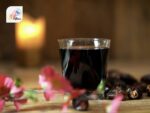
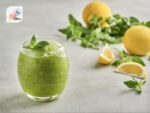
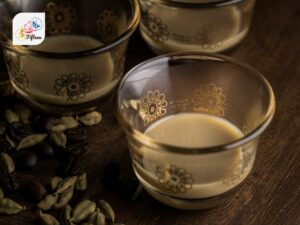
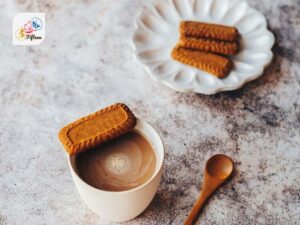
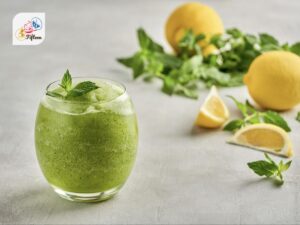
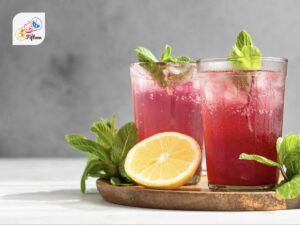
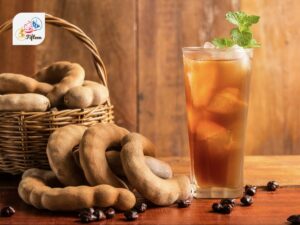
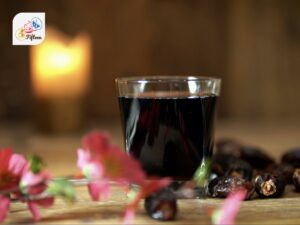
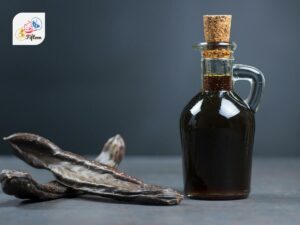
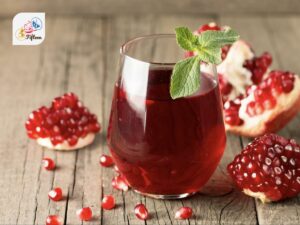
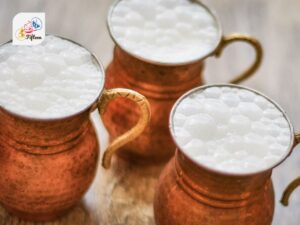
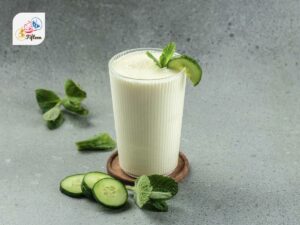
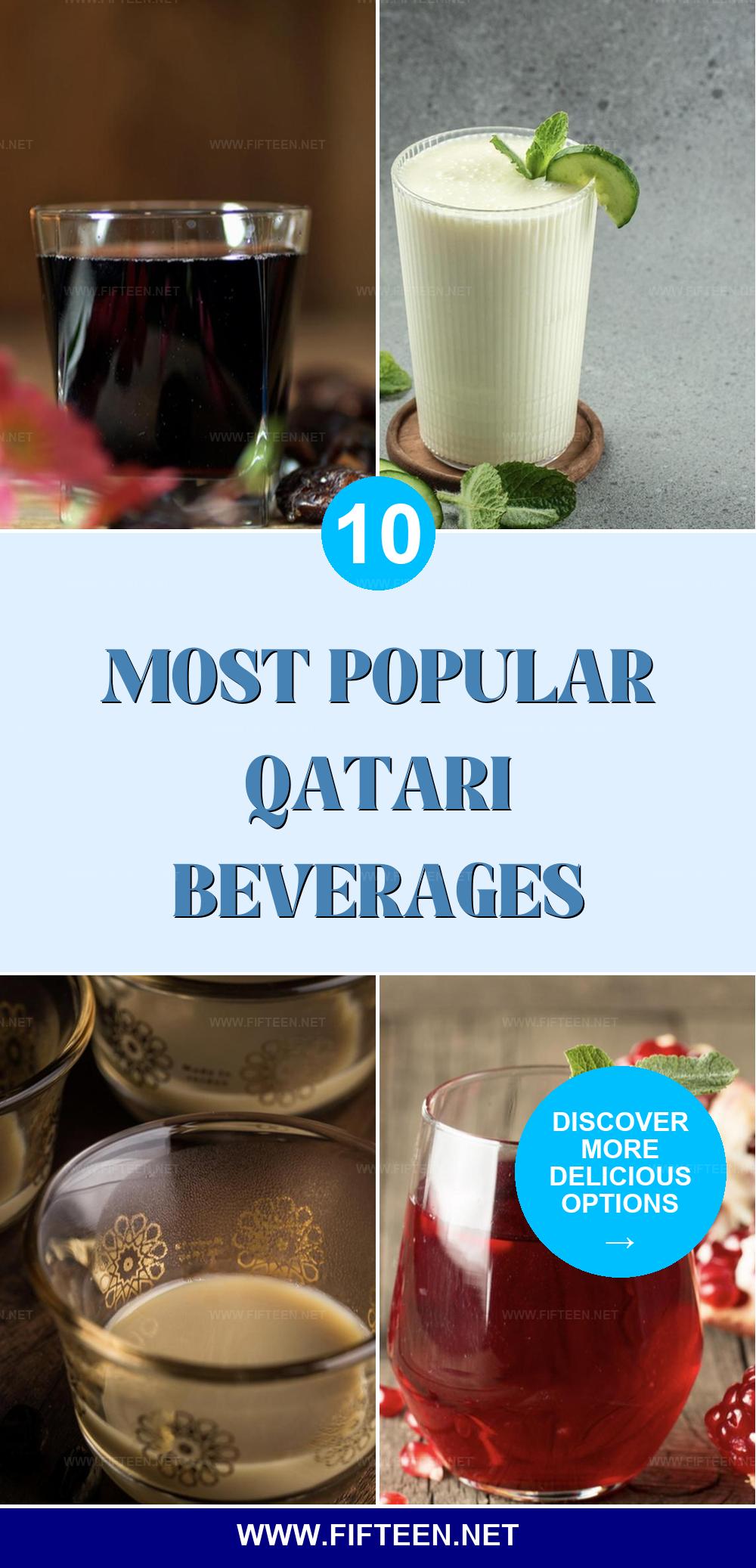
Jamie Scott
Editor in Chief, Senior Content Writer
Expertise
Home Cooking, Meal Planning, Recipe Development, Baking and Pastry, Food Editor, Cooking-video Maker, Western Food Evaluation Expert
Education
Le Cordon Bleu College of Culinary Arts
Local Community College, New York, NY
Jamie Scott is a skilled culinary expert and content creator specializing in Western cuisine. With over 15 years in the culinary field and formal training from Le Cordon Bleu, Paris, Jamie deeply understands how to blend nutrition with delicious flavors. His passion for cooking matches his commitment to making healthy eating accessible and enjoyable.
On Fifteen.net, Jamie brings a fresh perspective to classic dishes and beverages, offering readers insightful recipes, cooking tips, and a fresh view on meal planning that emphasizes taste, health, and simplicity.